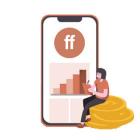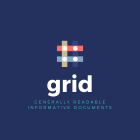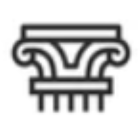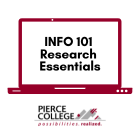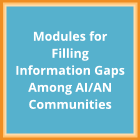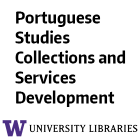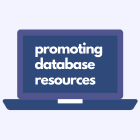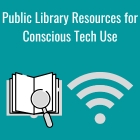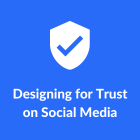
Designing for Trust on Social Media
Social media has changed today’s information and communication world. Rampant mis/disinformation has eroded users’ trust in social media platforms. Through research, we look at how design considerations can influence what makes an information system “trustworthy.” For this project, we are sponsored by the Center for an Informed Public (CIP) and conducted an extensive literature review of 23 papers. We used our research insights to make a design toolkit to help designers building platforms build trust through the design process.



